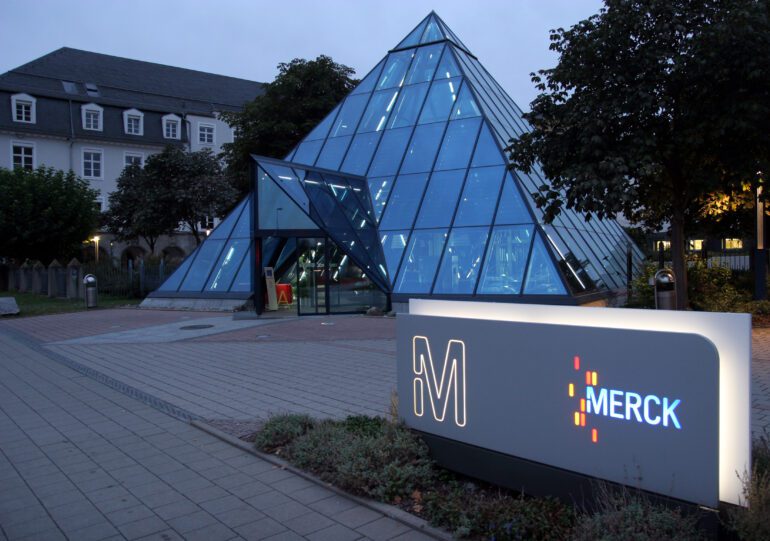TL;DR:
- Merck KGaA extends its AI initiatives in pharmaceuticals.
- Partnership with Quris-AI focuses on drug toxicity prediction.
- BioAI platform combines advanced technologies for safer drug development.
- Merck gains the option to exclusively license BioAI for five years.
- AI-enabled IND process reduces reliance on animal testing.
- Potential for significant time and cost savings in R&D.
- Quris-AI’s platform aims to transform drug development and eliminate traditional animal testing.
- Merck secures partnerships with BenevolentAI and Exscientia worth over $1 billion.
Main AI News:
In the fast-paced world of pharmaceuticals, Merck KGaA is making significant strides in harnessing the power of artificial intelligence (AI) to revolutionize drug development. Just days after announcing two groundbreaking AI partnerships, the company is now expanding its collaboration with Quris-AI, shedding light on a drug toxicity prediction project that holds immense promise for the future of medicine.
Merck’s initial partnership with Quris, established early last year, marked the beginning of an ambitious endeavor. The collaboration aimed to evaluate the potential of Merck’s BioAI safety prediction platform against conventional in vitro and in vivo methods. This innovative approach combined miniaturized human tissues on a chip, nanosensing technology, and machine learning algorithms to determine the safety profiles of drug candidates intended for human use.
Almost two years into this partnership, Merck has witnessed the potential of AI in drug development, prompting the company to expand its collaboration with Quris. This expanded agreement will enable Merck to leverage the capabilities of BioAI to identify potential liver toxicity risks associated with a selection of drug candidates. Additionally, Merck gains the exclusive option to license this transformative technology within a specific disease domain for an impressive duration of up to five years.
Danny Bar-Zohar, the global head of R&D and chief medical officer for Merck’s healthcare business, outlined the rationale behind this strategic move. He highlighted that the results from the initial collaboration have illuminated a path toward “an AI-enabled IND process that reduces the reliance on animal testing.” Bar-Zohar also emphasized the potential for substantial reductions in both time and cost investments in the research and development process.
Merck’s decision to strengthen its ties with Quris comes on the heels of BioAI’s successful prediction of drug-induced liver injury in a preclinical pilot study. Quris prides itself on offering a platform that not only streamlines drug development but also steers clear of the inherent challenges and risks associated with traditional animal testing.
The narrative surrounding the impact of AI on drug development aligns with the sentiments expressed by other industry players. Merck’s recent strategic moves, including its lucrative partnerships with BenevolentAI and Exscientia, totaling over $30 million upfront and with the potential to reach $1 billion in milestones, highlight the company’s commitment to harnessing AI to drive innovation in pharmaceutical R&D.
Conclusion:
Merck KGaA’s continued expansion into AI-driven drug development, particularly the extended collaboration with Quris-AI, underscores the growing importance of artificial intelligence in the pharmaceutical market. By leveraging AI to enhance safety predictions and reduce reliance on animal testing, Merck is poised to streamline R&D processes, potentially leading to significant time and cost efficiencies. This strategic move aligns with the broader industry trend of harnessing AI for innovation and underscores Merck’s commitment to staying at the forefront of pharmaceutical advancements.

